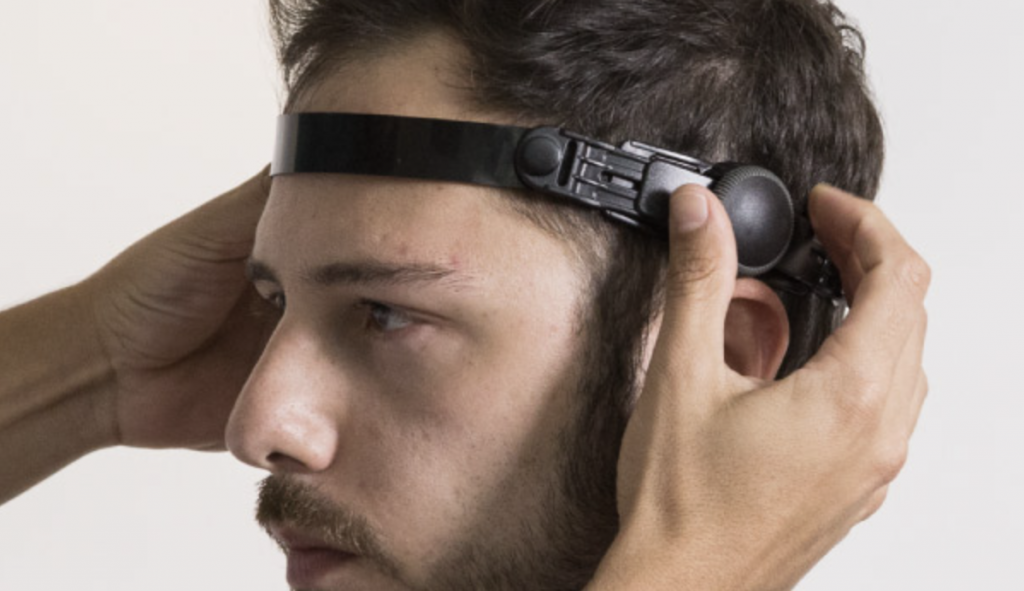
A surgery journal has retracted a 2021 article by a group of researchers in Brazil for failure to disclose a key conflict of interest and other problems.
“Intracranial pressure waveform changes in Alzheimer’s disease and mild cognitive impairment” — which now seems to have disappeared entirely from the journal’s site — appeared in Surgical Neurology International in July. Led by Estela Barbosa Ribeiro, a nurse at the Federal University of São Carlos, in São Paulo, the article, still available and not marked retracted on PubMed Central, purported to find that measuring intracranial pressure:
could indicate an early diagnosis [of Alzheimer’s disease], which would lead to an early treatment and an improvement in the quality of life of patients with AD. Thus, further investigation and widening studies are encouraged.
The disclosure statement for the paper reads:
There are no conflicts of interest.
Which is misleading at best, given that one of the members of the team, Gustavo Frigieri (whose name is misspelled “Frigeri” in the retraction notice) lists his affiliation as Brain4care — a company that makes … you guessed it, intracranial pressure monitors.
According to the notice:
The Editors, on behalf of the journal, have retracted this article1 because following publication, the Editor’s [sic] were made aware that the author’s claims did not appear to be supported by the data presented and the authors were not forthcoming in response to inquiries. Specifically:
The authors claimed a statistically significant relationship between ICP and the presence of Alzheimer’s disease, as well as again claiming a statistically significant difference in ICP waveform morphology between healthy patients and those with mild cognitive impairment. This claim was not supported by the evidence presented in the manuscript, and although for several months the authors promised to provide the data, none was ever produced to justify this statement.
One of the authors is the chief medical officer for brain4care, the company that produces the medical device that was used in this investigation. This direct conflict of interest was never disclosed during the publication process. When asked about this by Editors, no response was given.
In addition to these findings, the Editors’ review of other articles published by the same group of authors found that the potentially conflicting relationship between themselves and brain4care was rarely if ever disclosed in published manuscripts.
Because of the lack of evidence to support their claims in the manuscript as well as the opaqueness of their response to clarifying questions, the Editors no longer have confidence in the integrity of the data presented and are compelled to retract this paper instead of publishing an erratum.
Surgical Neurology International has published at least two other articles by Frigieri and colleagues about intracranial pressure monitoring. Like the now-retracted paper, these also state that the authors have no financial conflicts of interest.
Nancy Epstein, the editor of the journal, did not respond to requests for comment, nor did the senior author of the paper, Francisco Assis Carvalho Vale.
Like Retraction Watch? You can make a one-time tax-deductible contribution or a monthly tax-deductible donation to support our work, follow us on Twitter, like us on Facebook, add us to your RSS reader, or subscribe to our daily digest. If you find a retraction that’s not in our database, you can let us know here. For comments or feedback, email us at [email protected].